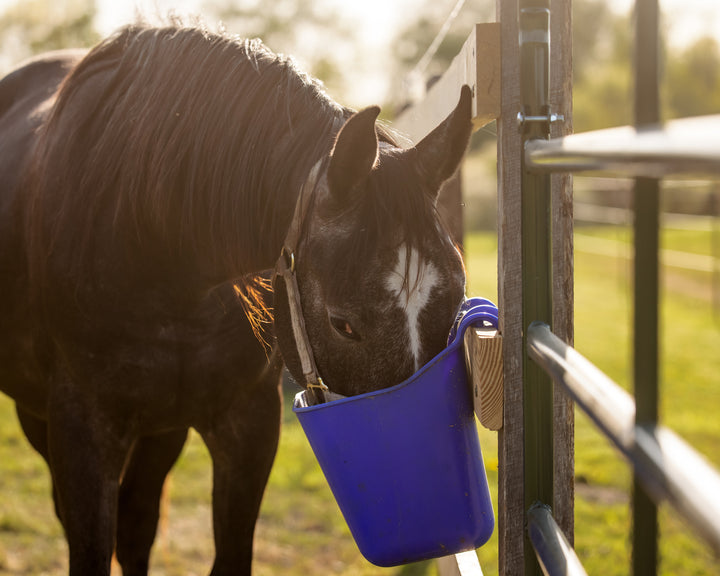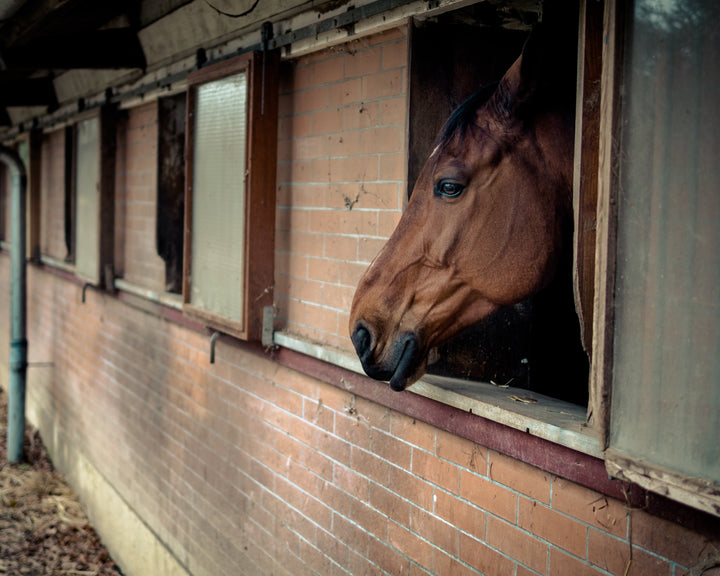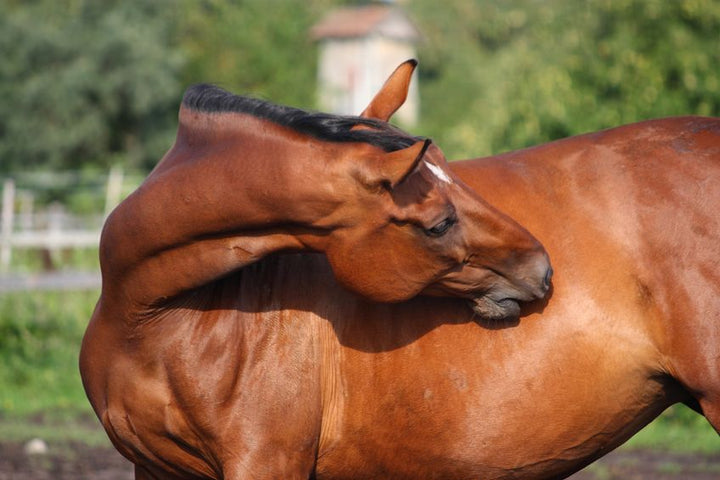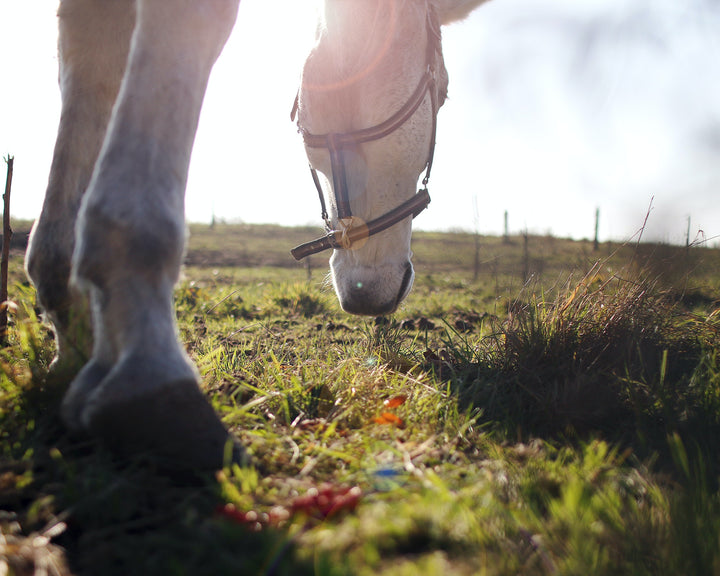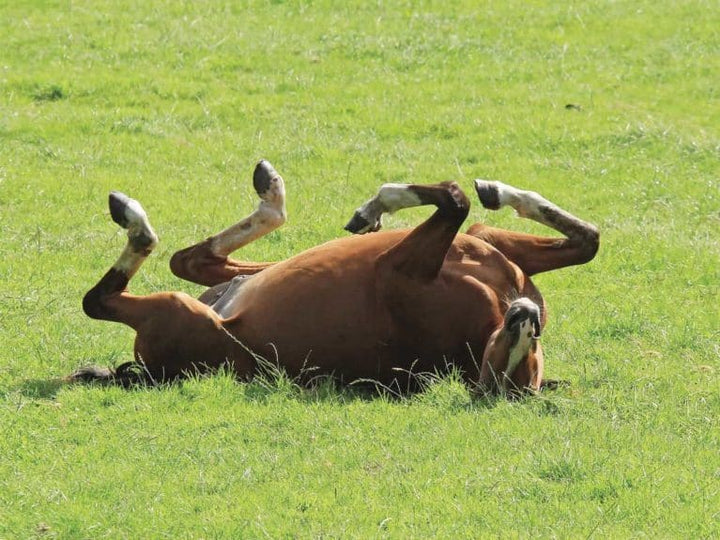Published: October 2020 | Updated: March 2024 The “C word” has been known to strike...
4 Steps to Caring for Your Overweight Horse
Did you know that over 51% of the horses in the U.S. are considered fat? And about 20% of that 50% would be considered obese?* The problem with this is...
Is Leaky Gut in Dogs and Horses a Concern?
Leaky gut, also known as ‘increased intestinal permeability’, is a newer term in the medical and veterinary world, but it can be defined as cracks or holes in the epithelial...
Is the Microbiome Related to Ulcers in Horses?
Did you know that up to 65% of performance horses and even many non-performance horses are affected by ulcers? (1,2). These can be extremely painful for the horse and can...
The Many Faces of Horse Colic: From Enteroliths to Twisted Intestines
Key Takeaways: Causes of horse abdominal pain range from intestinal twists to blockages to infections. The equine GI tract is large and complex and suspended within the abdomen from single...
Colicky Horse? Take These Steps First
Key Takeaways Walk the low-grade colicking horse Call the vet ASAP Assess the horse’s manure Withhold feed or offer small meals only Offer water and electrolytes Should You Walk a...
When Something is Off: First Signs of Colic in Horses
Key Points: Colic is a general term for abdominal pain that can result from any number of things. Subtle symptoms of colic in horses include flank watching, stretching out as...
